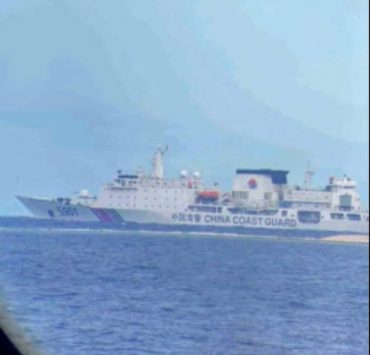Chief Executive open to EO on digital nomad visas

President Marcos has ordered a study on granting digital nomad visas to qualified foreigners to stay longer in the Philippines under certain conditions.
In a meeting with the Private Sector Advisory Council’s (PSAC) tourism sector group on Wednesday, the President agreed with the PSAC’s suggestion to increase tourism receipts from visitors through digital nomad visas.
A digital nomad visa will allow a foreigner employed in another country to work remotely from the Philippines and to stay here longer.
Dozens of countries, like Spain, Portugal and Malta, have successfully implemented digital nomad visas with similar provisions on age, minimum income and other requirements. Japan and Korea have also recently issued their own.
“The President supported this interim solution and directed the Office of the Executive Secretary to draft the executive order and select a pilot country for the initiative,” the PSAC said in a statement.
But the advisory council proposed that the executive order should not include tax provisions and other contentious issues because these matters were already being discussed in Congress.
Surigao del Norte Rep. Francisco Jose “Bingo” Matugas II proposed in May last year House Bill No. 8165, or the Digital Nomad Visa Act, but it remains pending before the justice committee of the House of Representatives.
Bill to settle other issues
The advisory council said that lawmakers can settle contentious matters in their proposed bill, including tax policies, the proper issuing authority as well as their impact on the country’s visa and national security policies.
“We need to issue nomad visas quickly to attract long-stay tourists. Other countries like Thailand, Malaysia and Indonesia are already benefiting from this approach,” said LT Group president and chief executive officer Lucio Tan III.
But lawmakers, particularly Sen. Nancy Binay, questioned the impact of the country’s visa policy, particularly on national security, after she learned in a Senate hearing that the country’s Special Resident Retiree Visas (SRRV) program has been used to circumvent standing immigration policies.
According to the Philippine Retirement Authority (PRA), the number of foreign retirees in the country in 2020 comprised of 27,678 Chinese, 14,144 South Koreans, 6,120 Indians, 4,851 Taiwanese, 4,016 Japanese, 3,704 Americans, 1,870 Hong Kongers, 1,595 British, 792 Germans, 752 Australians and 4,498 other nationalities.
Binay scolded the PRA, the SSRV’s issuing agency, for granting retirement visas to foreigners as young as 35 years old and reduced the cash deposit requirement from $50,000 to $1,500.
















